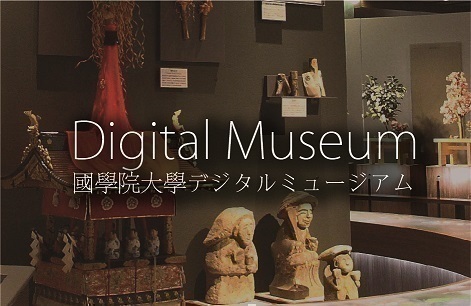- トップ
- Encyclopedia of Shinto
- Nakayama Tadayasu
Encyclopedia of Shinto
| Main Menu: | |
| Links: |
詳細表示 (Complete Article)
| カテゴリー1: | 8. Schools, Groups, and Personalities |
|---|---|
| カテゴリー2: | Personalities |
| Title | Nakayama Tadayasu |
| Text | (189-88) Courtier and proponent of imperial restoration (ōsei fukko) during the late Edo period. Nakayama Tadayasu was father of Nakayama Yoshiko (1835-1907), the mother of Emperor Meiji. He was born in 1809 as the second son of Provisional Grand Councilor Nakayama Tadayori. Appointed Provisional Major-General of the Imperial Guard of the Left in 1821, Tadayasu was appointed Consultant in 1840, Provisional Middle Councilor in 1844, Provisional Grand Councilor in 1847, and awarded Senior Second rank at court in 1848. In 1852, his second daughter Yoshiko, appointed Provisional Lady-in-Waiting, gave birth to an imperial prince (later Emperor Meiji). Nakayama frequently served as the emperor's envoy and secretary from 1849. When Hotta Masayoshi (1810-64), a member of the Bakufu Council of Elders (rōjū), traveled to Kyoto during the second month of 1858 to ask the emperor to approve the Treaty of Amity and Commerce with the United States, Tadayasu joined in with others to appeal for rejection of the proposal. In the next month he was one of the leaders of a protest of eighty-eight courtiers who demonstrated against the treaty. Together with Iwakura Tomomi (1825-83), Koga Takemichi (1815-1903), and other courtiers, Nakayama promoted the marriage of Princess Kazunomiya, the younger sister of Emperor Kōmei, to Shogun Iemochi in 1861 in order to create an alliance between the bakufu and the imperial court. In the twelfth month of 1862, he was appointed Special Consultant for National Affairs (kokuji goyōgakari), a newly created position at court. He was banished from the court, however, after his involvement in the Kinmon Incident of 1864 in which the Chōshū Domain unsuccessfully sought to exert control over the emperor. In 1867, Nakayama was pardoned when Emperor Meiji, his grandson, ascended to the throne. Thereafter, he worked towards the restoration of imperial power together with Iwakura Tomomi, Ōgimachi Sanjō Sanenaru (1820-1909) and others, and gave a secret imperial decree to the Satsuma and Chōshū Domains to bring down the shogunate. In the twelfth month of that year, he was given the bureaucratic rank of Senior Councilor (gijō) in the newly established Meiji imperial government, and he was appointed Imperial Aide (hohitsu) in the second month of 1868. In the fifth month of 1869, he became the Superintendent of the Department of Divinities (Meiji Jingikan). In the tenth month, he was also appointed Superintendent of the Office of Religious Instruction (Senkyōshi). Although he retired from the Department of Divinities in the sixth month of 1871, Nakayama continued his activities by serving as the emperor's ritual substitute (miteshiro) in Shinto rituals that were to be personally conducted by the emperor. He was awarded the rank of Marquis, and passed away on June 12, 1888, at the age of eighty. —Takeda Hideaki |




